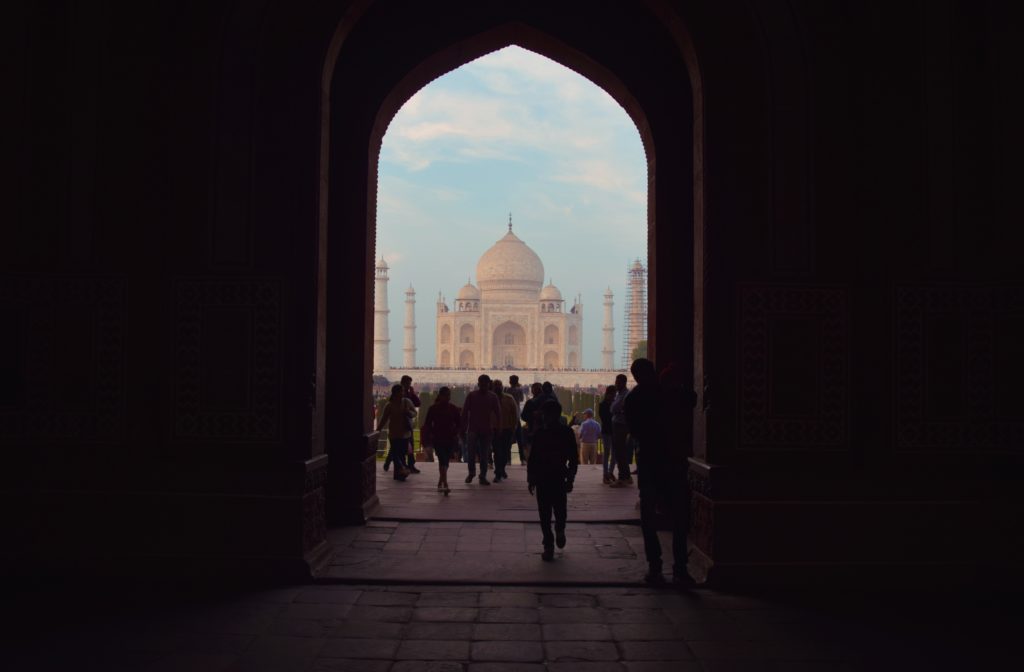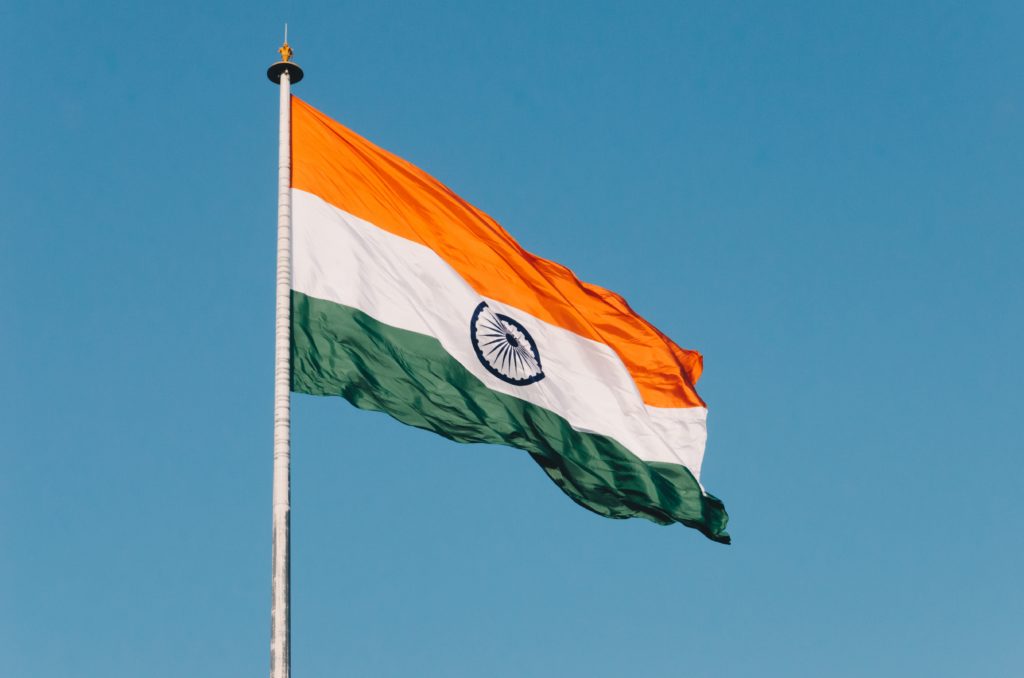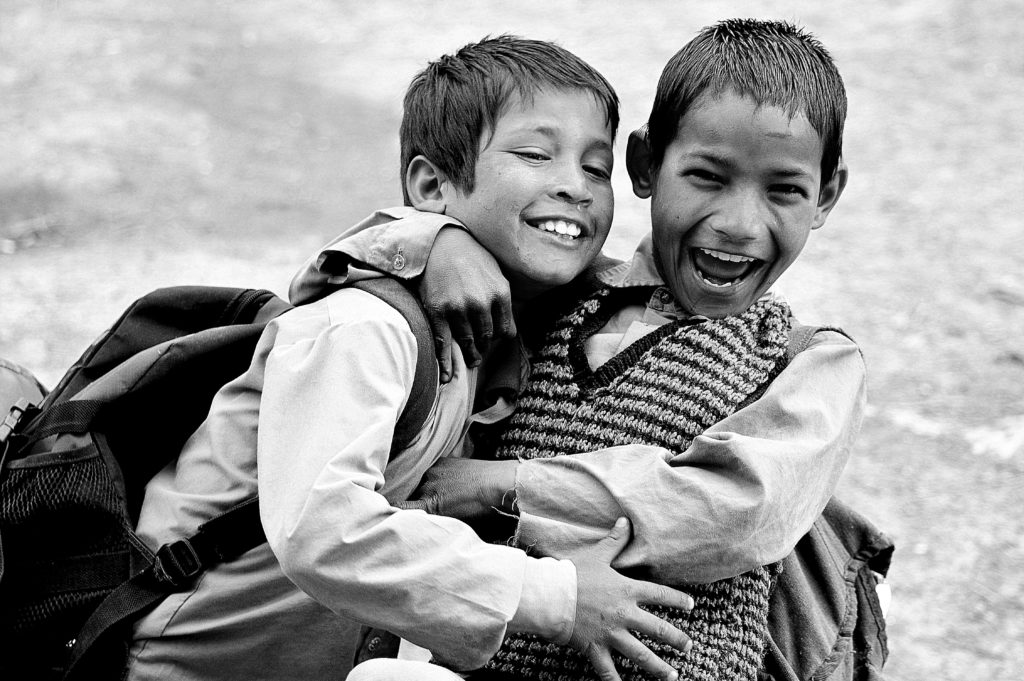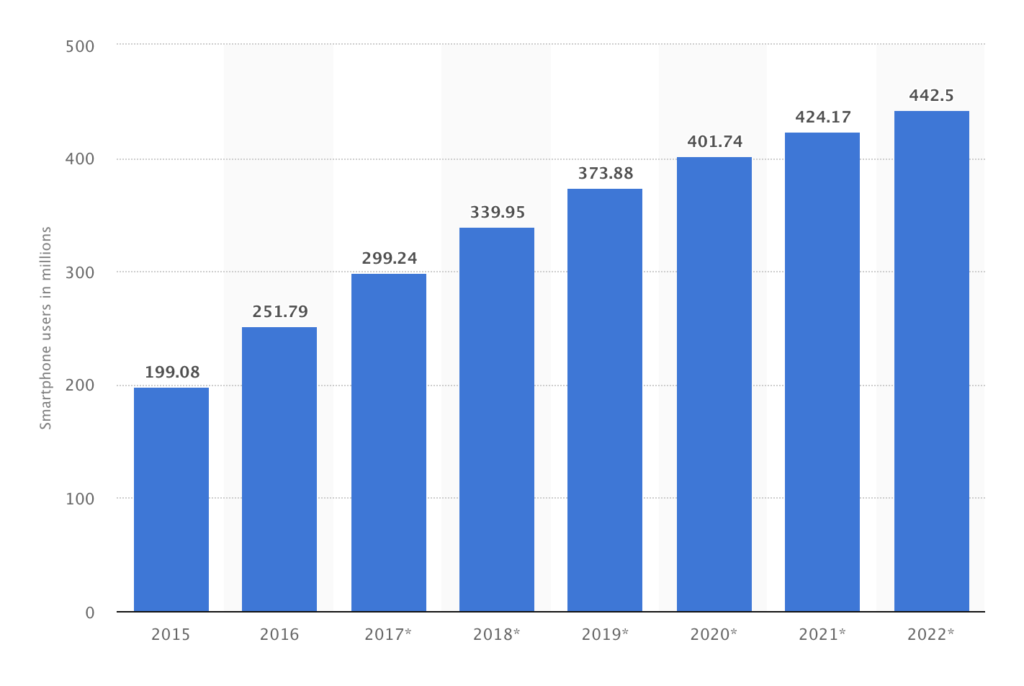PUBG Addiction India: An Epidemic?
The rise of PUBG addiction in India is one of the most shocking examples of gaming being taken too far.
It’s become an epidemic in India, receiving a huge amount of attention from the press.
The government has even attempted to put a stop to the problem, but with little success.
As I’m writing this, somewhere in the country there’s a child with a smartphone in their hands, trying to convince their parents that there are much worse things to be addicted to.
While that may be true, it doesn’t take away from the fact that PUBG addiction is having a catastrophic effect on today’s youth of India.
Why Are Kids Addicted to PUBG?

As a member of the Game Quitters community myself, I can empathize with being completely oblivious to the effect of video games on our daily lives.
We all remember how hooked we were when we played our first online multiplayer game.
There’s nothing like that dopamine surge you get from the thrill and excitement of gaming. The same can be said here in this scenario.
In India many kids and college students have fallen prey to PUBG Mobile; most likely due to the easy accessibility of the game.
You no longer need to have an expensive gaming PC or console to play, just a smartphone and mobile data (which is currently very cheap thanks to a cellular company called Jio).
Number of smartphone users in India from 2015 to 2022 (in millions)*
There are more than 222 million active gamers in India as of 2017, making it one of the top five mobile gaming markets in the world!
I thought that the “PUBG Craze” would fade in time but it looks here to stay.
Is PUBG Addiction in India Really That Bad?

I woke up to the news of the “Gujarat Govt bans PUBG in their state”, and I thought this was an extreme measure to take.
A lot of people were upset and many decided to keep playing. 10 college students were even arrested for playing PUBG.
A woman told the Prime Minister, Narendra Modi, that her son used to be good in school but is now completely engaged in his smartphone and online gaming. This is just one parent among many others who are worried about their boys.
There are many more overlooked factors such as anxiety and depression, personality changes, and other health and social problems associated with gaming addiction.
A friend of mine told me that a guy living in his neighbourhood was addicted to PUBG, and had a mental breakdown after an argument with his parents. He ran away from home without letting anyone know.
I used to believe that this was just a temporary trend of gaming and people will just get bored with it, but I was wrong.
Seeing all of this happening makes me sad and concerned about the youth of the country.
Even the PUBG founder had set the game time limit to 6 hours per day. But, is that really a viable solution? Apparently not, because it was removed shortly thereafter amongst outrage.
Moving Toward Solutions

Do we blame the Indian Government? Parents? Gaming addicts? The makers of PUBG?
Or, do we need to take a step back and address the addictive nature of these video games, which are now proliferating like bacteria to our mobile devices and getting us hooked?
In my opinion, the best way to come out of all of this is to be more self-aware and mindful of our own gaming and technology use. We need to come together and treat this as a real issue so we can combat it collectively.
We need to address the root cause of addiction and build awareness of the issue across India (and the world).
Only then can we start getting the systems in place to deal with the problem, instead of implementing temporary fixes such as bans.
I just want to say thank you to Cam for allowing me to share my story of what’s happening in India, and I hope that it helps you understand that the issue of video game addiction is widespread across the world.
Join our Movement
SHARE this story to let others to know that life is so much better without gaming.
Ready to quit gaming?
Reading this and struggling with a compulsion or addiction to gaming? You are not alone. Check out Respawn, a program specifically designed to help you quit gaming and take control of your life back. Backed by scientific research, join thousands of others like you who have quit gaming. Start your journey today.
Written by Skandh Dev | Edited by James Good

